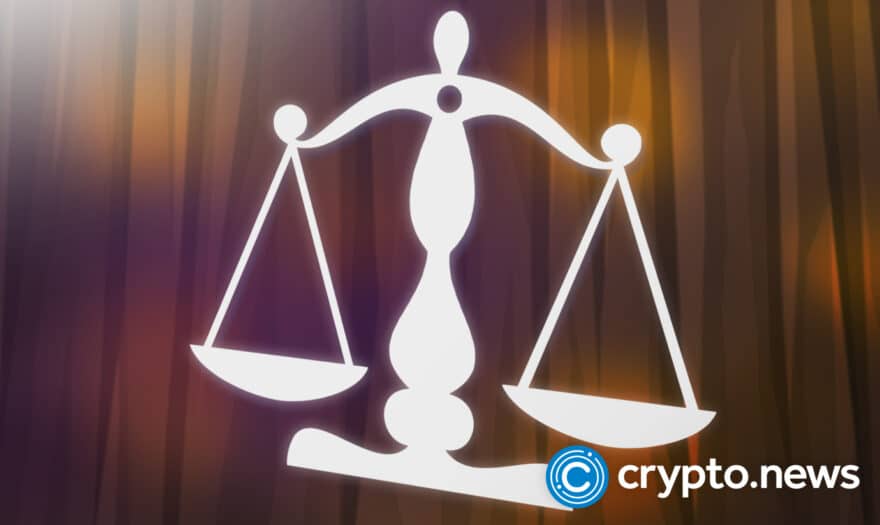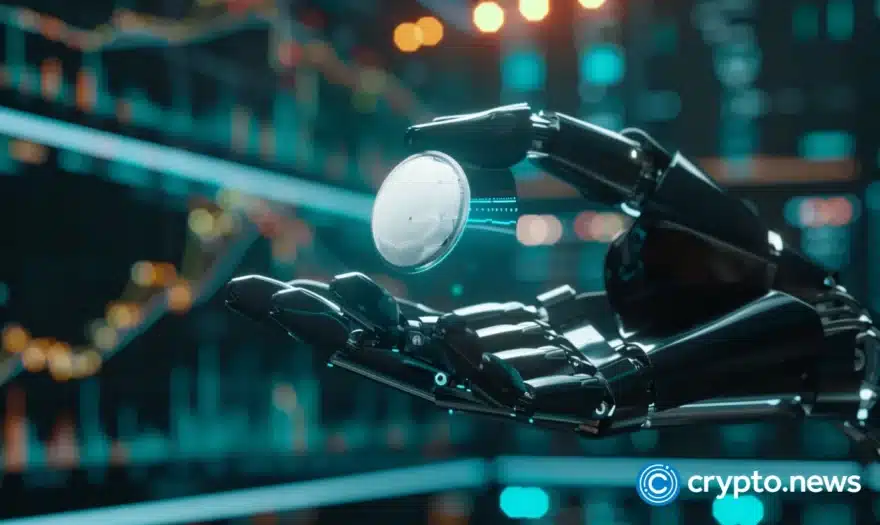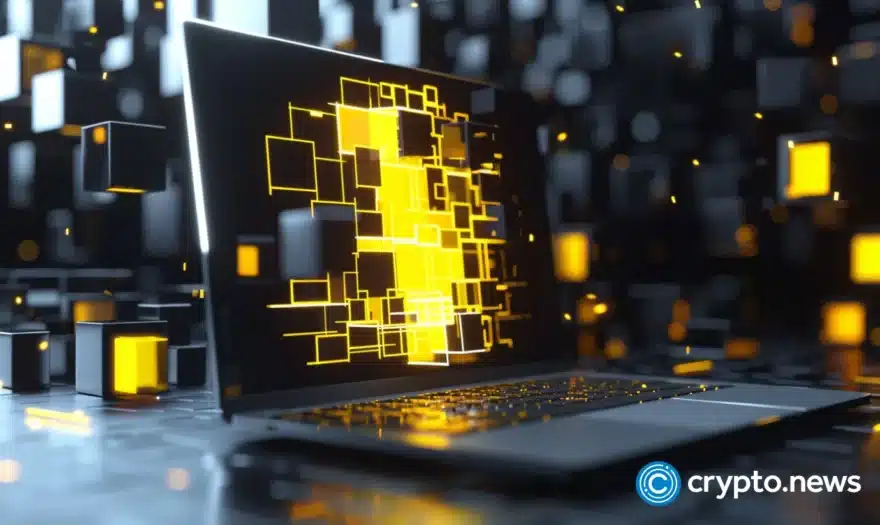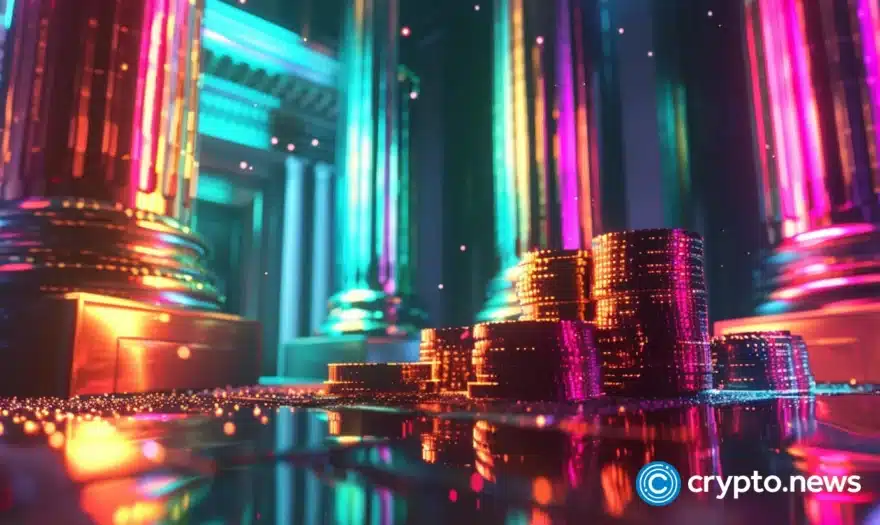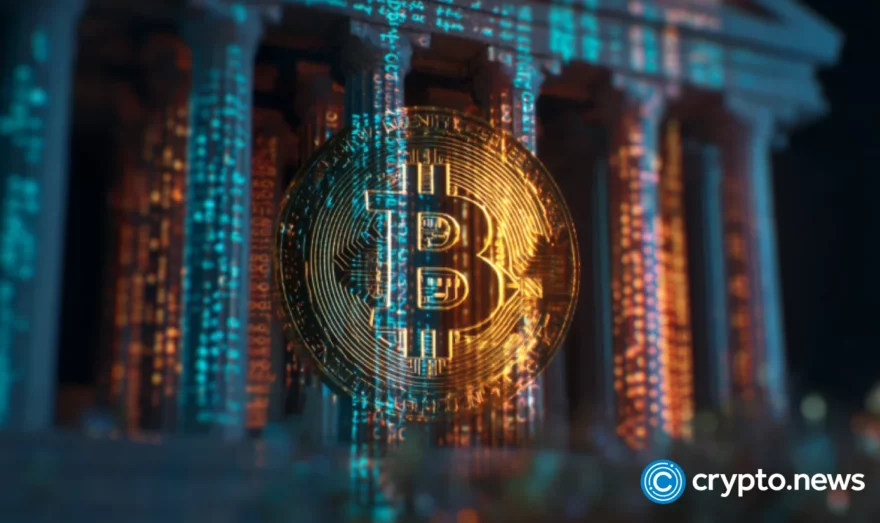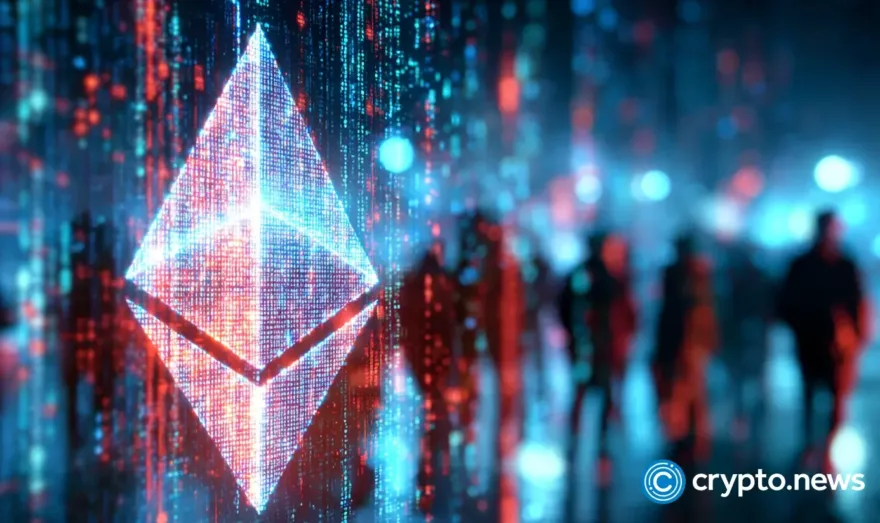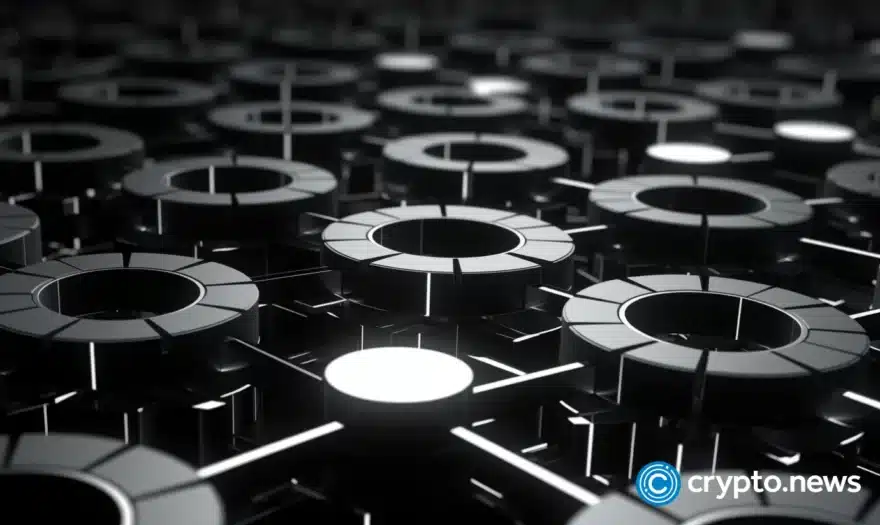Feature Interview: Stephan Tual on Slock.it and “The Mother of All DAOs”
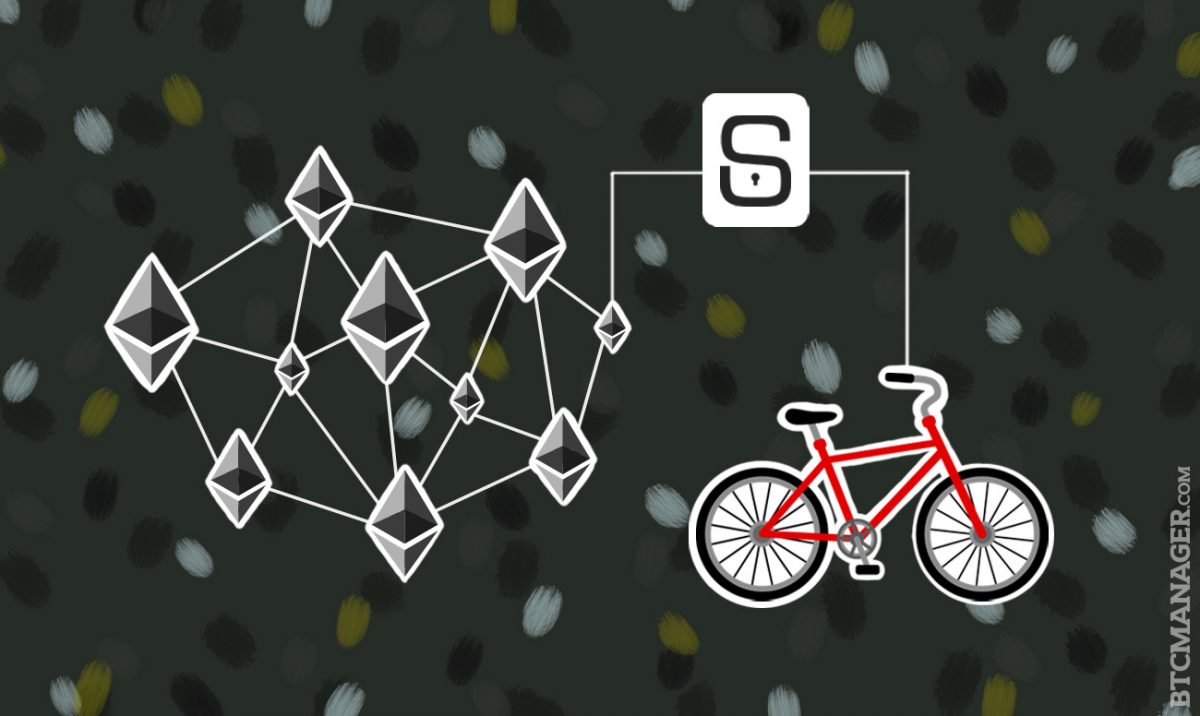
The Slock.it team has a bold vision of the future. Not only is it on a mission to integrate smart contract technology as part of every day items, but it is helping to create the Distributed Autonomous Organization (DAO) that could potentially fund that mission.
Stephan Tual, Slock.it’s co-founder and COO, was one of the early builders of Ethereum where he acted as CCO for almost two years. The rest of the team has an equally impressive background, including co-founders Simon and Christoph Jentzsch, Lefteris Karapetsas and advisors Dr. Gavin Wood and Dr. Christian Reitwießner.
Slock.it’s goal is to build the future infrastructure of the sharing economy by means of the Ethereum Computer. This computer is designed to bring blockchain technology to the entire home, making it possible to rent access to any compatible smart object and accept payments without third-party intermediaries. With Slock.it, users could set a smart lock on a bicycle, for example, and allow someone to rent it by sending a payment that would unlock the bicycle under conditions set forth by a smart contract.
BTCMANAGER spoke with Tual following the release of the team’s white paper to learn more about the DAO and Slock.it.
“The vision for the DAO is much more ambitious than it appeared at first,” said Tual. “What we are trying to help build is the mother of all DAOs, a meta-fund, if you will, where people will be able to invest in further projects later down the line. Today it could be Slock.it. Tomorrow it could be anything else.”
The important thing to understand initially is that the DAO that the whitepaper proposes is a separate entity from Slock.it, Tual explained.
The DAO project and the Slock.it project just happened to be released at the same time because it’s a bit of a chicken-and-egg problem. If we didn’t release the DAO first and have a really cool project then no one would be interested in it. You kind of need both at the beginning to get it jump started.
At the outset, the DAO would be “like Series A of a company where if it works out, then there could be series B, C, D. It won’t be just a single round of funding. I imagine the DAO could take the initiative to raise more funds later down the line but that’s up to the DAO members at that point. We’re just making the code available.”
Though the Slock.it team is creating this decentralized autonomous organization, they have no guarantee of a direct payoff from it. There will be no pre-mine or pool and the founders will get no tokens.
Tual explained that by giving their work away “for free,” people will see it as a gesture of good faith and proof of their commitment to the decentralized and autonomous nature of the project.
“It’s not a completely selfless choice,” he said. “We believe that by doing that, people will think, ‘Wow, they are really serious about that. They are willing to put their own money and time into building this thing and won’t be getting anything out of it.’ … Obviously, there is a lot of suspicion in the field — it’s so complicated and it’s easy to hide scams and things like that — so we’re trying to be as transparent as possible. And the only way we can do that is to make the DAO separate from the project [Slock.it]. The DAO can invest in the project if it chooses to — but it doesn’t have to.”
Another key part of Slock.it is its work on the Ethereum Computer. The computer’s main functions will be to make it possible to securely rent access to any space or compatible smart object, without intermediaries. It will also act as a smart hub with extensive connectivity running an optimized Ethereum node and a series of decentralized applications.
Tual used the Ethereum computer as an example of how a proposal to the DAO could work:
It will [have] something like 22 pages of what we’d like to build and what we think we can build — bit like a Kickstarter, in a sense. It’ll have different amounts associated with it. Like, it’ll say, ‘For $1 million, we can build this tiny little Ethereum computer that does cool things but nothing fantastic. But on the other hand, if you back it for $20 million, it’ll have Vitalik Buterin holograms and it’ll fly!’
But like the rest of the Slock.it project, funding for the Ethereum Computer is not a sure thing.
“The DAO is purely an investment fund,” said Tual. “We hope that the proposal for the Ether computer will be picked up and we hope that it will make it a lot of money and they [the DAO participants] really will be happy. But that’s still up to the committee of the DAO members. They decide.”
So, what’s in it for Tual and his team?
“There are two main things,” said Tual. “First, it establishes us as a thought leader in terms of DAOs because we’ve been receiving a lot of attention — more than anyone else in the business right now, thanks to the white paper. That’s a first step. Second, obviously we got the Slock.it project which is a great project to submit to the DAO. But that’s up to the DAO in the end. So there is the chance that, ironically, we could have a DAO that raises 10 million dollars and we get nothing — but it’s the risk you take, right?”
On Participation in the DAO
In the coming weeks, the DAO will have a month-long token sale wherein participants can exchange 1 ETH for 100 DAO tokens. Token holders can participate in the DAO in a variety of ways, in proportion to the number of tokens they hold.
According to Tual, “The first thing, and most important thing, is the right to vote on all money decisions. So there will be regular proposals submitted to the DAO and you then get to vote on these proposals.”
Token holders also are eligible to share in the profits generated from projects that the DAO decides to fund. Tual said that part of the proposal for the Ethereum Computer includes a 1% commission for the DAO every time that it is used to control a Slock.it lock. That can add up to a significant return for the DAO and its token holders.
On Building Everything on Ethereum
Having everything built on Ethereum is “both a blessing and a curse,” said Tual. “It’s a curse because, obviously, not everything works and it’s still early days for this technology; it’s a blessing because, quite frankly, Ethereum is the only game in town … and because we were some of the [builders] on Ethereum, we feel like we’re in an ideal position to contribute upstream to the protocol, should something happen to the Foundation.”
But Tual expressed confidence that the Foundation is in good economic shape. “I think they’re going to do well and I feel very comfortable with the risk that we’re taking by choosing their platform.”
On the Future of Slock.it
Tual said that the public is now getting impatient to see where technology is actually headed. In previous years, “you present these cases that are futuristic. You talk about self-running cars. People are excited. They go to conferences because they want to be inspired by what could happen in the future. Like this Ethereum thing. But now, when you’re in 2016, it’s completely different, isn’t it? Now it’s out, so… don’t tell me about your flying cars — show me.”
Thus, last year, at ÐΞVCON1 in London, Slock.it connected a tea kettle on stage to the blockchain. Christoph Jentzsch “rented” it using Ethereum and Slock.it, enabled it to turn on and off, and Tual made some tea.
“When people see the door opening, when they see the kettle running, they say, ‘Oh I get it! There’s no middle man! The door and the kettle are autonomous!’ And I think that’s really powerful.”
It opens the door to a lot of cool use cases, so I think that’s where we start — with small building blocks, baby steps — and then people run [with it] of their own accord. And they think, ‘What else could I do with this?’



